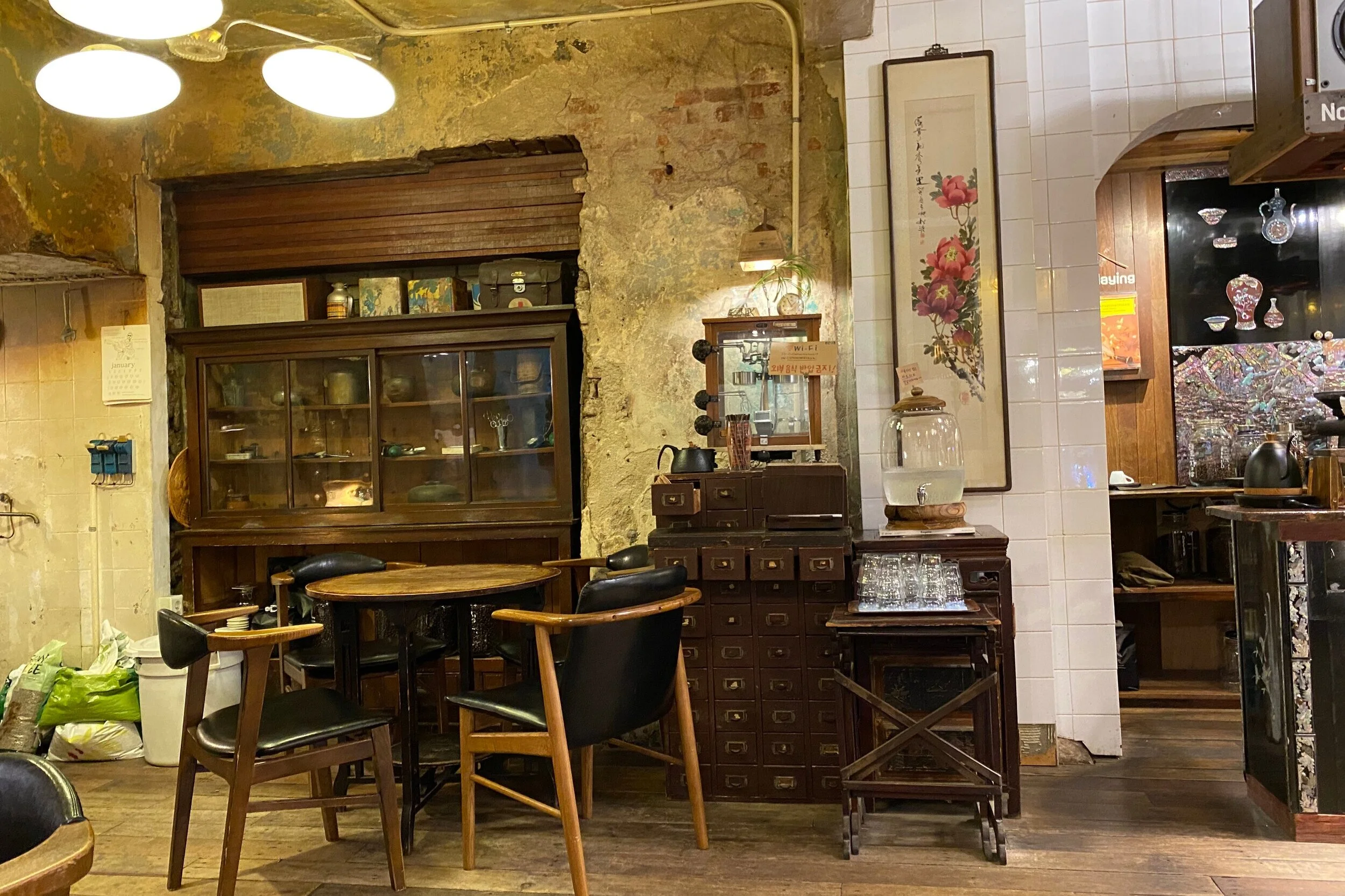TREND AND TRADITION
Seoul is one of the trendiest cities in the world. Coming from laissez-faire Los Angeles where flip-flops rule most days of the year, at least for me, I must admit it is rather foreign to me. At the same time, I am more cognizant of how I am dressed before I head outside. I realize there are certain expectations based on age and it feels somewhat suppressive to me. Admittedly, I don’t dress like the age group of men who are close to 60. For younger men, I notice that a trend is a mix of oversized shirts, shorter pants almost Capri-like with no-show socks. To my untrained eyes, it is an uneven look of top-heavy. With my head already big, I can never follow this particular trend even if I am younger.
Seoul is also one of the oldest and tradition-rich cities in the world. A few weeks ago, my wife and I joined a well-respected retired missionary couple to hike the old Seoul city wall. With the weather perfectly cooperating on the day of the hike, we started on the eastern gate and ended our hike on the northwest side of the city wall. All in all, we walked 22,000 steps going up and down along the city wall. The oldest part of the wall was built in the late 14th century. It was a glorious day and a hike filled with meaningful conversations enough to regurgitate for days. It was also a day of being soaked in the rich tradition of my motherland I don’t get to enjoy back in Pasadena, where we celebrate a meager 120-year “tradition” of the Rose Parade.
Walking in Seoul is like a visual-gymnastics of going back and forth between old and young and a tenable juxtaposition of trend and tradition. Long-lasting and surviving trends become traditions over time, while most of the trends are just trends, evaporating like dew on the grass in the morning. Traditions are neither good nor bad. Some are simply neutral. Some reflect the dim images of the ways of Jesus and the Kingdom. Tradition represents a collection of accepted and standardized beliefs and behaviors withstanding the time.
Korea is FAST. I mean blazing fast. It is old news that Korea boasts one of the fastest internet speed in the world. Korea delivers food and other shipments fast. Seeing doctors and dentists are fast. I got my first ever set of prescribed reading glasses in 25 minutes from walking into the store to saying hello to “I am not sure if I need one” to “ok, let’s get it” to getting my eyes examined to picking my glasses to putting them on me to walking out of the store! I was told that its country code 82 means ppal li (빨리) which means to hurry fast. The hurry fast culture has become a norm that has obvious benefits as well as unfortunate downsides. One of the downsides is that it has become a culture that generally does not know how to slow down and rest. In Korea, progress is not a progress if it does not happen fast. Bearing fruits of church growth and membership until two decades ago seemed easy and fast. The Church in Korea exploded in the 1980s, which led to an unprecedented explosion of missionary expansion in the 1990s. Korea set the bar for the worldwide church in modern history. In retrospect, the Church and missions developed an unmatched appetite that could not be sustained. Yesterday’s glory was too enticing to ignore, and the church somehow needed to figure out how to reclaim the lost glory.
I am an outsider, not a complete outsider but one that is somewhat familiar with Korea. I am not an expert on Korea and the Korean Church. At the same time, because I am an outsider, I see things that Korean may not see readily. Certainly, I do not assume what I see is right. It is guesswork based on my intuition. The mix of hurry fast culture with the explosive growth and expansion of church raised an expectation we somehow must “up” our game, trying harder and more to reclaim or to surpass the former glory. I tentatively but resolutely propose that we pause, slow down, and reexamine our foundations of faith, church, gospel, and the Kingdom of God. In the end, we must wrestle with what matters foundationally, not hurriedly going from one program or methodology to another. How would Jesus do life in 2021 in Korea? What would Jesus say, teach, and do?
What may matter in the end is the earnest grapple with dominant trends and willing submission to the Perennial Tradition that has withstood the tests of times and cultures. The truths of God reside as disguised as the perennial tradition and have served as guiding light throughout history. In this vein, the courage and creativity to rise above passing trends and man-made traditions that do not stand the ways of the Kingdom are required to live in Korea and elsewhere.


























